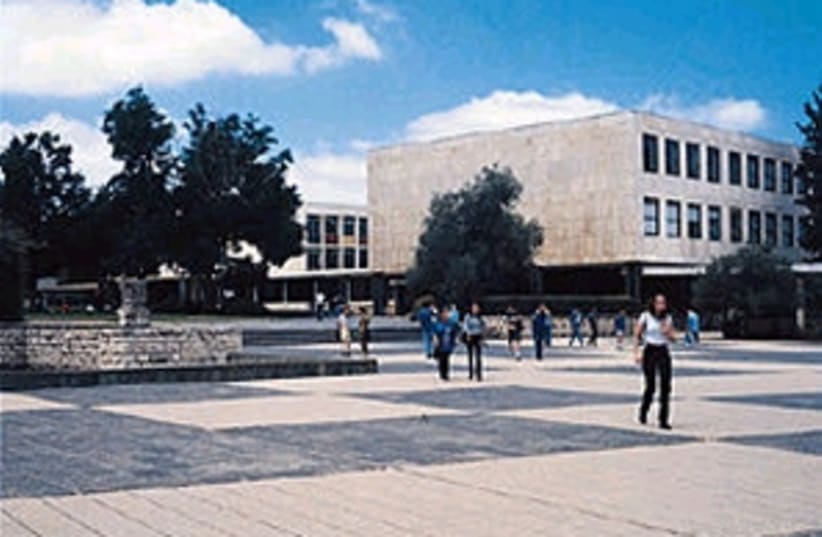| More about: | Open University, Arab citizens of Israel, Limor Livnat, Israel |
New academic year opens Sunday
About 250,000 Israeli students enrolled in university and college programs.


| More about: | Open University, Arab citizens of Israel, Limor Livnat, Israel |